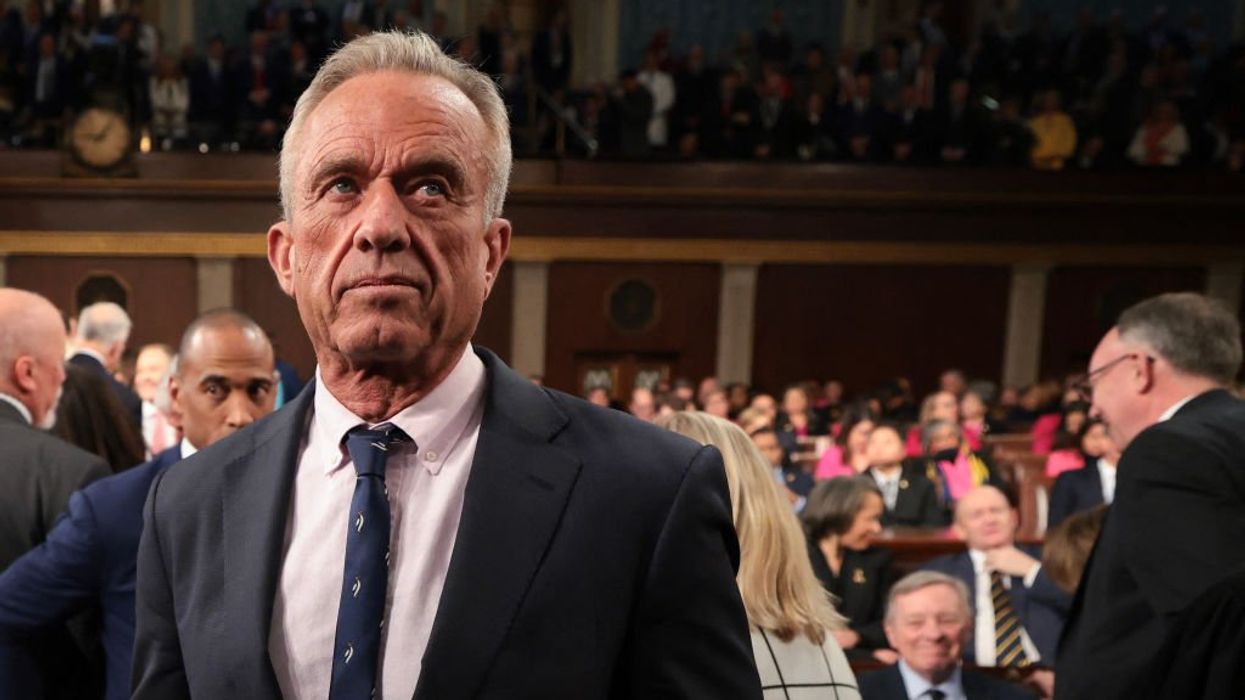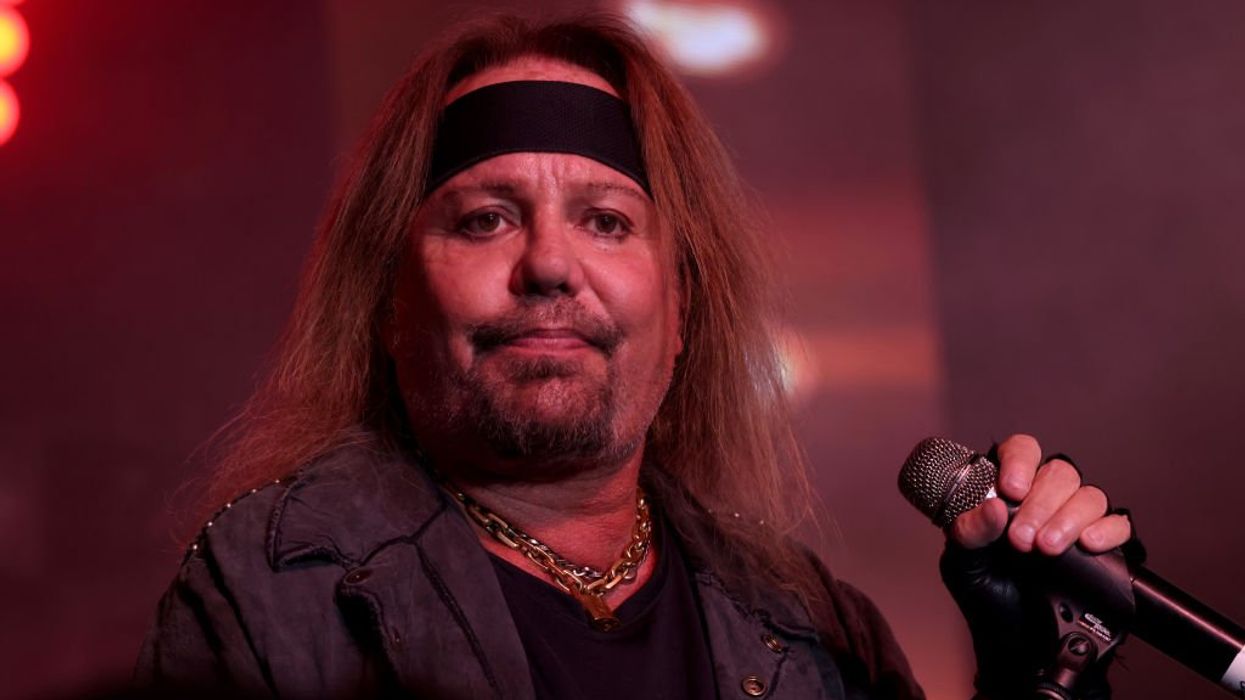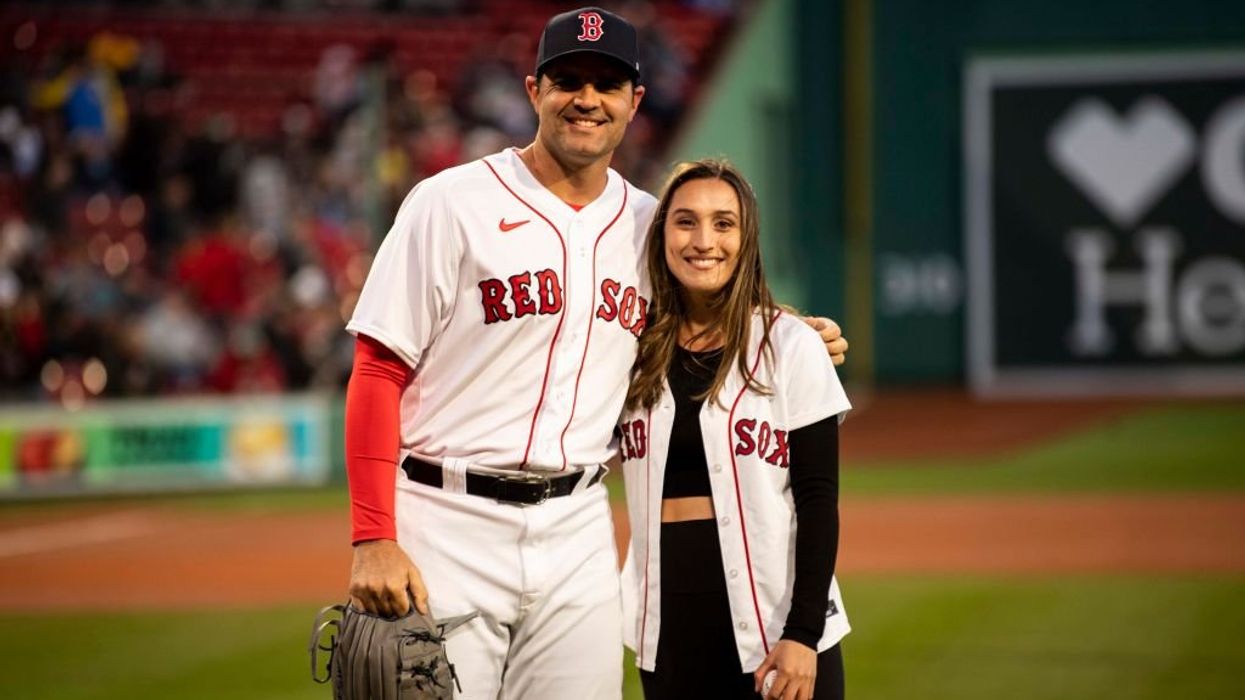On a recent episode of Dr. Phil, a mom with two handicapped kids (kids that are now adults) describes why she wants the right to euthanize her severely-disabled children. Glenn explains that when the children were young she had them put in a home, and visits them a few times a month, but now, she wants to “put them out of their misery.”
“Janet and Jeffrey were able to make a decision about life, they would opt for suicide. There have been times when I thought of doing something myself, but the saying "Walk in another man's moccasins," unless you've been there, don't judge,” the mother said when describing the situation about her children on Dr. Phil.
“Now, how does she know that, first of all?” Pat asked. “How do you know that? If they were able to make a decision, they would opt for suicide? You know that for a fact? You know what they're feeling?”
“We’re opting for suicide. That’s not a reasonable decision,” Glenn added. “You don’t even let adults make that decision. Suicide is not an option.”
In this video from the Dr. Phil episode the mom, Annette, explains why she only visits her children two times a month. In the video she compares her children to newborn babies – an odd description in an argument to ‘put them down.’
A mother of seven, three of which are disabled, vehemently disagreed with the Annette’s desire to kill her children. She, like Glenn, was disgusted at the thought of what was being debated in this show. “I'm sorry that those children are the way they are. I'm sorry that my child might be that way someday. I will not euthanize my child because it's too much trouble for me. I will not euthanize my child because the government doesn't want to pay for it,” she said.
You can see the exchange in the clip below:
Frustrated by the way the argument is being positioned, Glenn brought up a good question: Why are we calling this euthanizaing? “Stop using the word "euthanize." Stop using the word "euthanize." We don't even use that word with animals. We put them down. And that's what she's talking about, putting them down. Killing them. Why do we have to use "euthanize"? If it's okay to do, what you are doing is killing them.”
“Yeah, this is just another pro-choice effort,” Stu replied. “Instead of calling it abortion, let's call it choice.”
Glenn brought up the point that we don’t call killing “euthanize” on death row, we call it putting someone to death. The show is advocating injections, so why the language change?
After the mother of seven spoke up and defended the lives of Annette’s children, Attorney Geoffrey Fieger, who gained notoriety for his outspoken defense of the late assisted suicide advocate, Dr. Jack Kevorkian, joined the debate.
“You know we're not disagreeing here. The only question is nobody should ever make you do something you don't believe in, and the same with Annette. Government shouldn't make her do that,” he said.
This statement caused a disturbing roar of applause from Dr. Phil’s studio audience. “The most disturbing part of the exchange is the reaction of the audience. Now, you want to know where our country is headed, I want you to listen to this. And not only listen to Dr. Phil but listen to the audience,” Glenn said.
Glenn warned listeners that if you look back at history, the reaction of this audience to what they are witnessing is extremely disturbing. At the beginning of the show, Glenn explains that Dr. Phil polled the audience members to see who agreed and who disagreed – only three disagreed with the mother’s desires.
“Almost everybody in the audience, but again, you know, you hate to bring up the Nazi references but it’s a fact,” Pat added. “This is how it started in Germany.”
He explained that “compassion” was supposedly the excuse in Germany when they started killing people, and it began with the handicapped, not the Jews. When all was said and done nearly 300,000 handicapped people had been killed. It ended up coming down to contribution to society.
The comments being made to support the arguments made by this woman about her disabled children are a red flag if you pay attention to history. Glenn noted both George Bernard Shaw and Planned Parenthood founder Margaret Sanger as examples of what this kind of thought can lead to. It is a slippery slope.
Glenn explained that the day after he saw this segment on Dr. Phil there was a story of this seven year old girl from Pennsylvania who has no hands, and just won the penmanship award. Her name is Annie Clark, and on Friday, she, along with an audience of about fifty parents of special needs children, will join Glenn on GBTV at 5pm ET for a show you do not want to miss.














